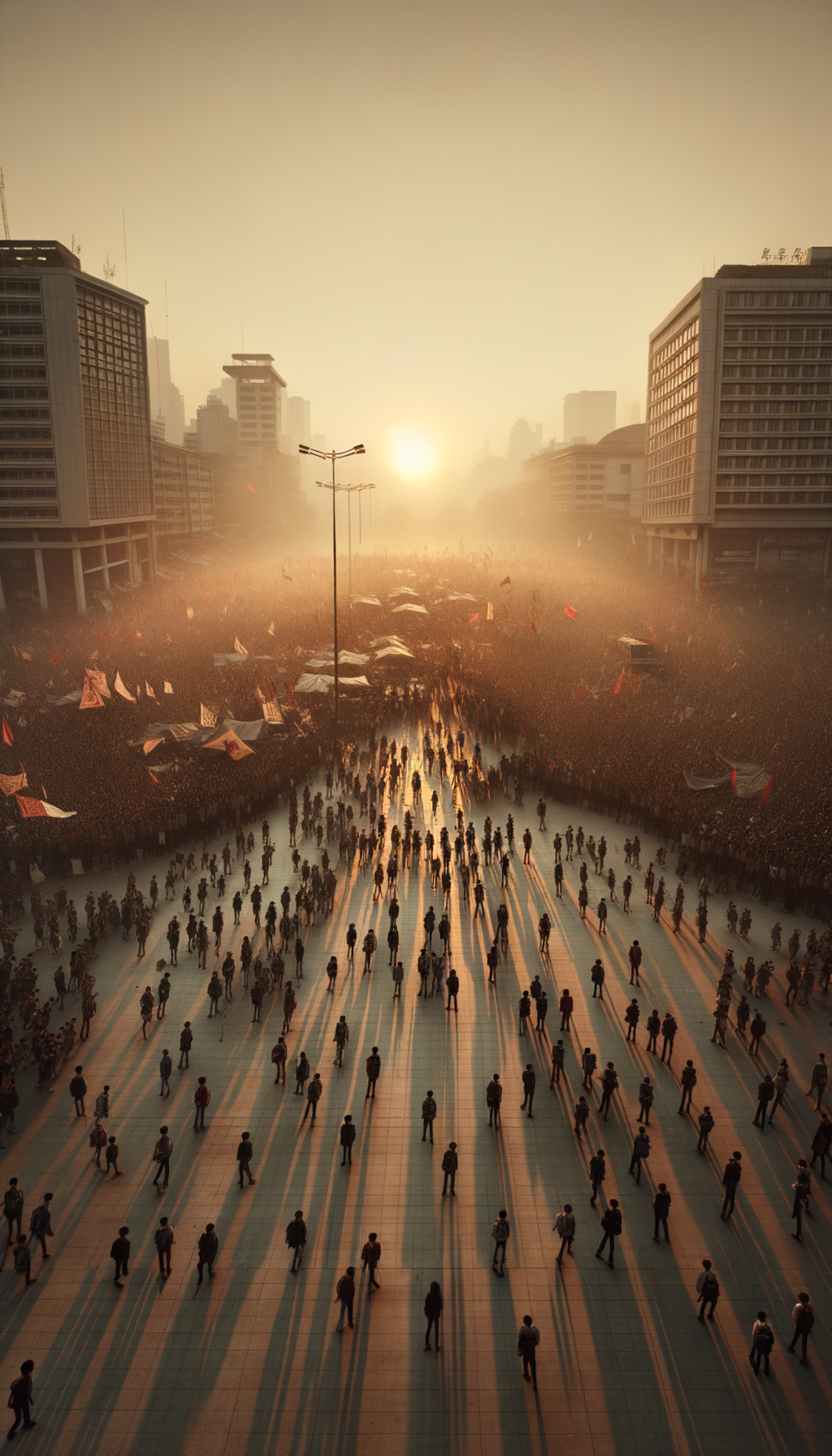China – Blood on the Streets: The March 18 Massacre of 1926
TLDR;
- Event: On March 18, 1926, in Beijing, a peaceful protest against the Beiyang government’s policies turned violent when soldiers opened fire on demonstrators, leading to the March 18 Massacre.
- Context: The protest was fueled by public outrage over the government’s acceptance of Japanese demands post-Jinan Incident and the broader context of foreign exploitation in China.
- Impact: The massacre resulted in numerous casualties and galvanized the Chinese nationalist movement, becoming a pivotal moment in the fight for national sovereignty.
- Legacy: The event is remembered as a catalyst for change, highlighting the cost of freedom and the enduring spirit of resistance among the Chinese people.
–
Story
The air was thick with tension as thousands of students and workers gathered in the heart of Beijing, their voices rising in a chorus of defiance against the policies of the warlord government. The date was March 18, 1926, and the city was about to witness a day of bloodshed that would echo through the annals of Chinese history.

In the early 20th century, China was a nation shackled by the chains of unequal treaties imposed by foreign powers. The people were restless, their patience worn thin by years of exploitation and humiliation. On this fateful day, they took to the streets, demanding justice and protesting the Beiyang government’s decision to accept Japanese demands following the Jinan Incident.
The protest was peaceful, a sea of banners and impassioned speeches. But lurking in the shadows was the iron fist of the Beiyang government, led by Duan Qirui, whose troops were poised to crush any sign of dissent. As the demonstrators approached the government buildings, the soldiers opened fire without warning, turning the streets into a scene of chaos and carnage.
The massacre was swift and brutal. Bodies lay strewn across the cobblestones, the cries of the wounded mingling with the wails of the grieving. The bloodshed shocked the nation, galvanizing the Chinese nationalist movement and igniting a fire of resistance that would burn for decades.
The March 18 Massacre was more than just a tragic event; it was a catalyst for change, a stark reminder of the cost of freedom and the resilience of the human spirit.
–
| Would a different approach by the protesters have changed the course of history? |